- Write by:
-
Thursday, July 9, 2020 - 12:47:24 PM
-
757 Visit
-
Print
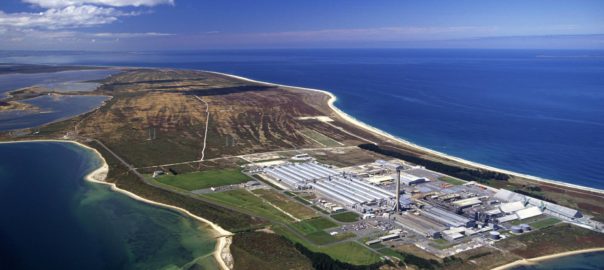
Mining News Pro - Rio Tinto has started to wind down operations at New Zealand Aluminium Smelters (NZAS) ahead of an eventual closure next year.
The business was no longer viable due to energy costs that were said to be among the highest in the industry globally.
Rio Tinto also pointed at the challenging outlook for the aluminium industry in the short to medium term.
According to Rio Tinto, extensive discussions with interested parties have failed to secure a power contract that will enable the operation to become competitive and profitable.
Rio Tinto has given 14 months’ notice to Meridian Energy to terminate its power contract, ahead of NZAS’ expected closure in August 2021.
The smelter cost Rio Tinto an underlying loss of $NZ46 million ($43.30 million) last year.
“It is not a decision we have made lightly and without significant careful consideration,” Rio Tinto Aluminium chief executive Alf Barrios said.
“It is very unfortunate we could not find a solution with our partners to secure a power price reduction aimed at making NZAS a financially viable business. We will therefore terminate the power contract and move to close the operation.”
But Contact Energy stated the decision to close NZAS and terminate the Meridian contract was very disappointing.
According to Contact chief executive Mike Fuge, all commercial parties involved in dealing with NZAS have delivered significant cost reductions for electricity.
“We’ve all had a strong desire to help secure the financial sustainability of the unique low-carbon smelter at Tiwai, and retain the 1000 high-paying jobs in Southland, plus the 1600 contractor and supplier roles,” Fuge said.
“We’re very disappointed to have played our part in delivering these savings for one of the greenest smelters in the world and to have such limited engagement from Rio Tinto.
“We urge Rio Tinto to seriously consider the offer for improved electricity supply and encourage them to consider what is right for Southland, for New Zealand and for their own global environmental commitments.”
Fuge said the NZAS closure would shift production away from NZAS to aluminium smelters powered by electricity that was generated solely from fossil fuels.
NZAS converts alumina into aluminium using renewable hydroelectricity, resulting in one of the lowest carbon footprints for an aluminium smelter in the world.
Genesis Energy also called the closure disappointing, stating that it would mark a fundamental shift in the New Zealand electricity market.
“As a predominantly North Island generator, Genesis expects the immediate effects to be felt more by the larger South Island generators,” the company stated.
“We see benefit for the New Zealand electricity market through the removal of a significant source of uncertainty.
“In the medium to long term, this presents a potential opportunity to accelerate electrification of industrial processes, especially in the South Island.”
Barrios said Rio Tinto was committed to working with its partners as it progressed through detailed planning towards closure.
“We will do all we can together with the government to find ways to support the Southland community,” he said.
NZAS is a joint venture between Rio Tinto (79.36 per cent) and Sumitomo Chemical Company (20.64 per cent).
Short Link:
https://www.miningnews.ir/En/News/562583
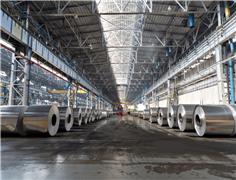
The London Metal Exchange is imposing new rules surrounding the movement of metal in its warehousing network, taking aim ...
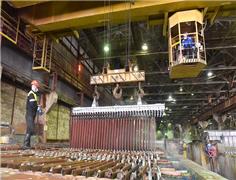
The London Metal Exchange (LME) on Saturday banned from its system Russian metal produced on or after April 13 to comply ...
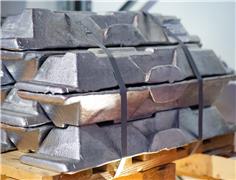
Vietnam’s top miner Vinacomin plans to invest 182 trillion dong ($7.3 billion) to ramp up its alumina-aluminum ...
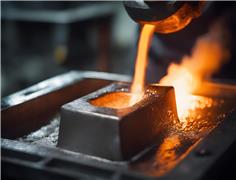
Copper jumped to its highest intraday price since January 2023 as the bellwether industrial metal faces rising tighter ...
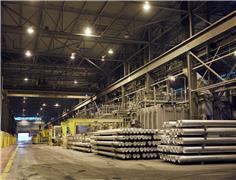
The US Energy Department on Monday announced $6 billion in federal funding to subsidize 33 industrial projects in 20 ...
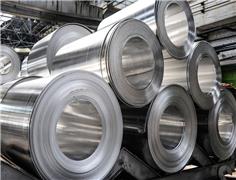
Aluminum prices touched an 11-week high on Monday over concerns over slow recovery in production in China’s Yunnan ...

Alcoa will buy Alumina in an all-stock deal that values the Australian firm at $2.2 billion, and makes the US company ...
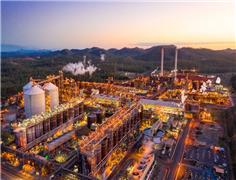
Rio Tinto said on Thursday it had been notified of an incident at its Queensland gas pipeline, which Australian media ...
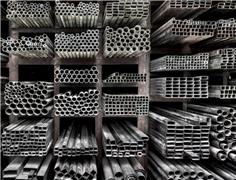
The US Department of Commerce announced on Tuesday preliminary countervailing duties on aluminum extrusions from China, ...
No comments have been posted yet ...